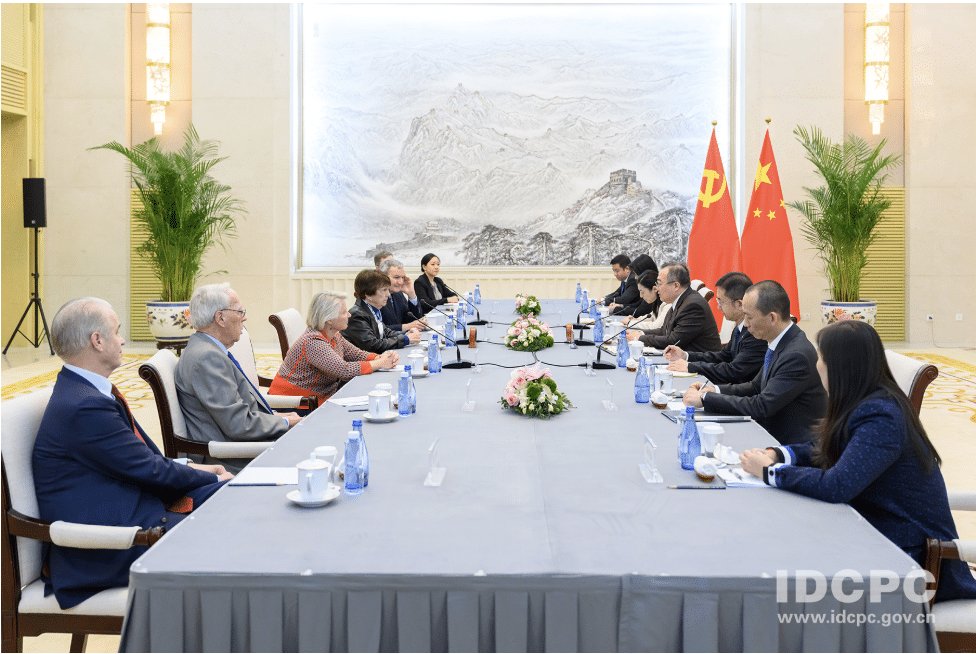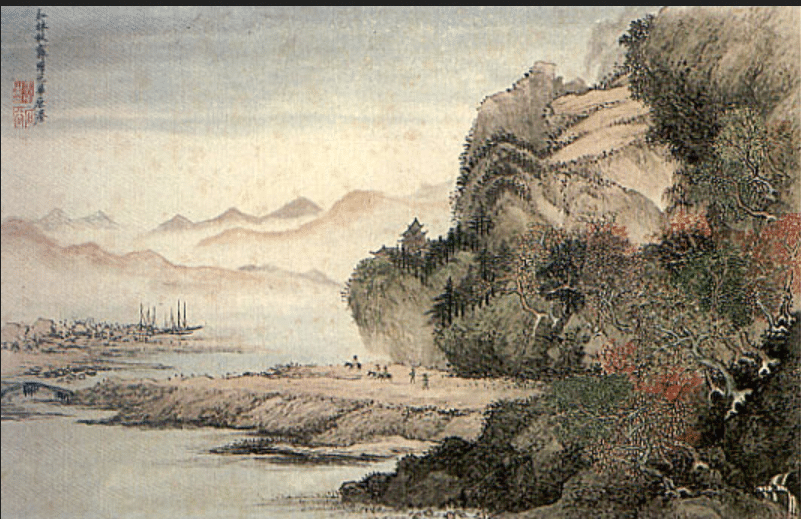Chinese FM’s Visit to Africa Attests to Strong China-Africa Ties
Chinese Foreign Minister Wang Yi, who just concluded his visit to four African countries, has for three consecutive years chosen Africa as the destination for his first trip abroad each year. This shows the great importance China attaches to the vast African continent.
This year’s trip took Wang to Malawi, Mauritius, Mozambique and Namibia from Jan. 30 to Feb. 6. For 26 consecutive years, Chinese foreign ministers have visited Africa at the beginning of the year.
“Choosing Africa as the destination for the foreign minister’s first trip each year is a fine tradition of China’s diplomacy. It shows the importance attached to China-Africa ties,” Chinese Foreign Ministry spokesperson Hua Chunying said before the visit.
CHINA, FRIEND IN NEED FOR AFRICA
Wang’s visit to Africa came at a critical moment against the backdrop of faltering global economic recovery, and the economic slowdown faced by African countries.
Indeed, China, the world’s largest developing country, and Africa, a continent home to the largest number of developing countries, whose ties have been strengthened by shared historical experiences and struggles, had always been a community of common destiny.
“As a faithful friend of Africa, we insist that Africa must get out of its difficult situation through its own development,” Wang said when meeting with his Malawian counterpart George T. Chaponda.
The international financial crisis, especially falling commodity prices, has adversely affected the African economy.
China, whose economy grew strongly for over 30 years and still registers a growth rate of 6.9 percent faced with the pressure of slowing global economic growth, remains the biggest driver of growth for the global economy, Wang said.
China is committed to African countries with their poverty alleviation efforts by helping improve their infrastructure, offering agricultural technology and equipment to support farmers and enhance their productivity, and supporting the industrial development of the continent.
China has provided African countries with loans worth over $20 billion since 2012 to support infrastructure, investment, small- and medium-sized enterprises, agriculture and manufacturing.
The Chinese government also rolled out about 900 assistance programs in Africa covering agriculture, health, education and other fields and offered training to over 30,000 local people since 2012.
The Chinese economy may be slowing down in its industrial and manufacturing sectors, but the growth in its consumption and services sector is still adequate to push growth in African countries which depend on trade with China, said Jonathan Stichbury from Pine Bridge Investments, a financial services advisory and wealth management firm in Nairobi, Kenya.
IMPLEMENT OUTCOMES OF JOHANNESBURG SUMMIT
During his visit, Wang met leaders and foreign ministers in those four countries to discuss how to implement the outcomes of the Johannesburg Summit of the Forum on China-Africa Cooperation (FOCAC), and to align priority cooperation areas and projects.
At the FOCAC summit in Johannesburg in December 2015, Chinese President Xi Jinping announced the establishment of 10 major plans for China-Africa cooperation to help Africa accelerate industrialization and agricultural modernization, and strengthen infrastructure.
Xi also pledged to provide 60 billion dollars in financial assistance to Africa, including 10 billion dollars for a China-Africa production capacity cooperation fund.
These plans address the urgent needs of Africa and are consistent with the direction of African countries’ development, Wang said in Malawi.
The 60-billion-dollar Chinese pledge for multi-faceted cooperation with Africa over the next three years is a major growth driver for Africa, Stichbury said.
Leaders of the four African countries, speaking highly of the 10 major plans proposed by President Xi, expressed their willingness to participate in the plans to strengthen bilateral cooperation, Wang told reporters in Windhoek, Namibia after wrapping up his visit.
The overall goal of the plans is to help Africa accelerate its industrialization and realize diversified development to enhance its capacity for self-development, so that the continent would no longer be affected by the fluctuation in international commodity prices, he said.
Feb. 08, 2016 on China Daily.
Read more here








